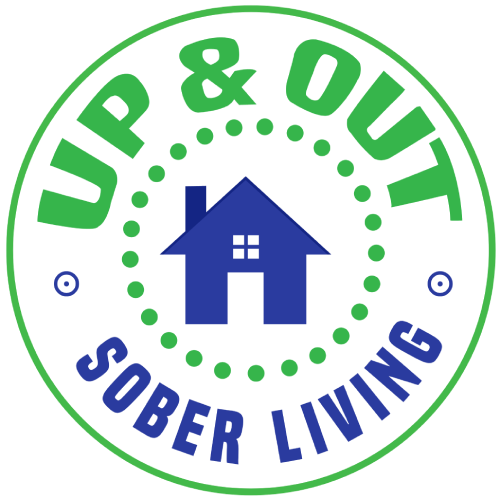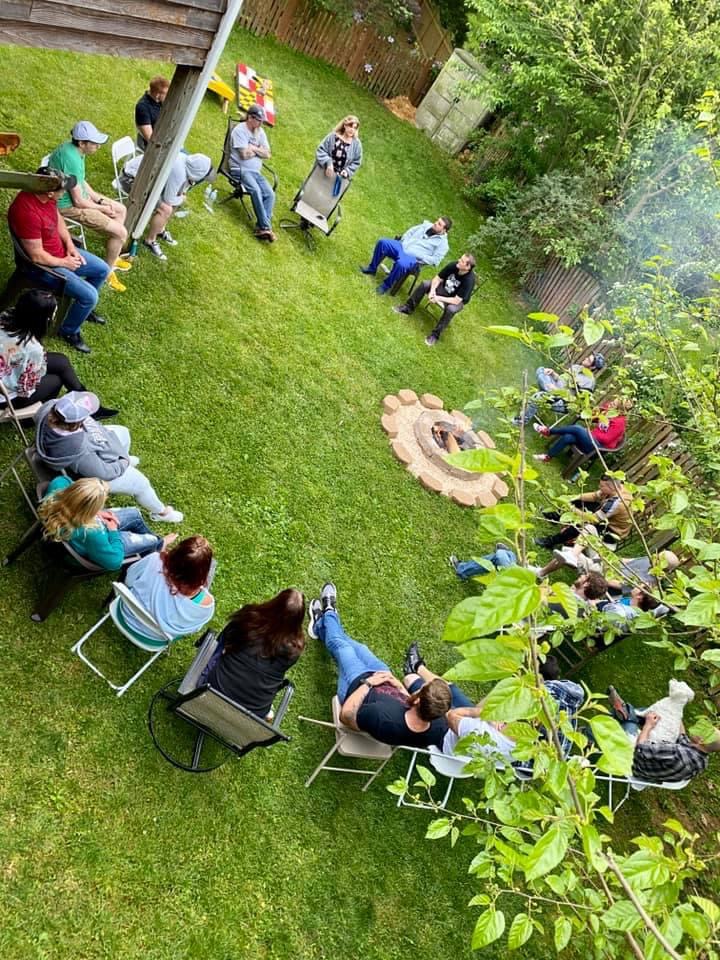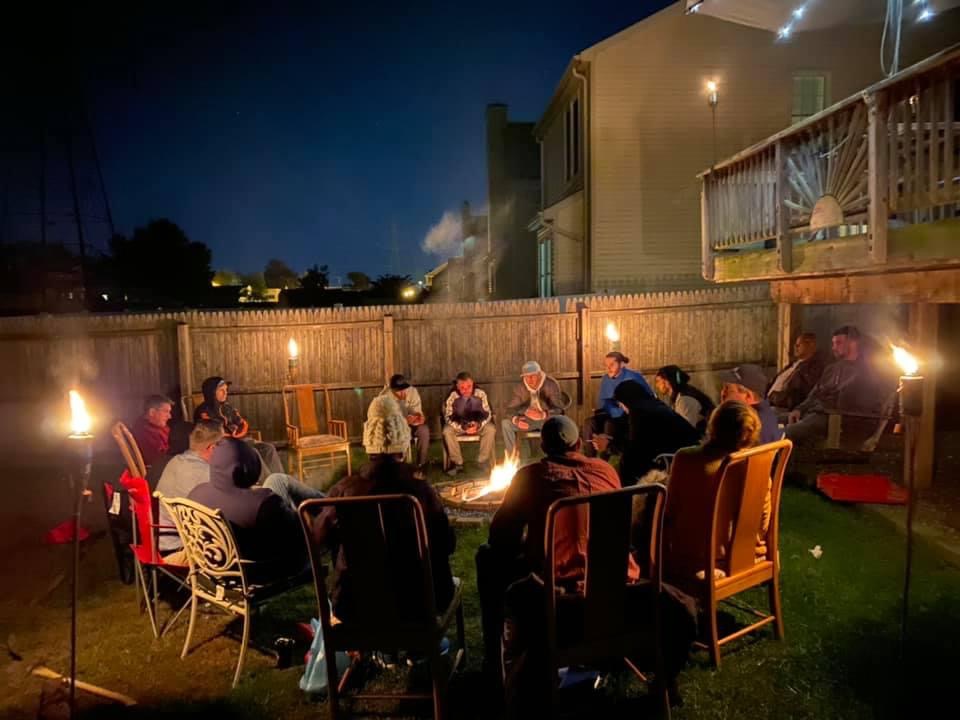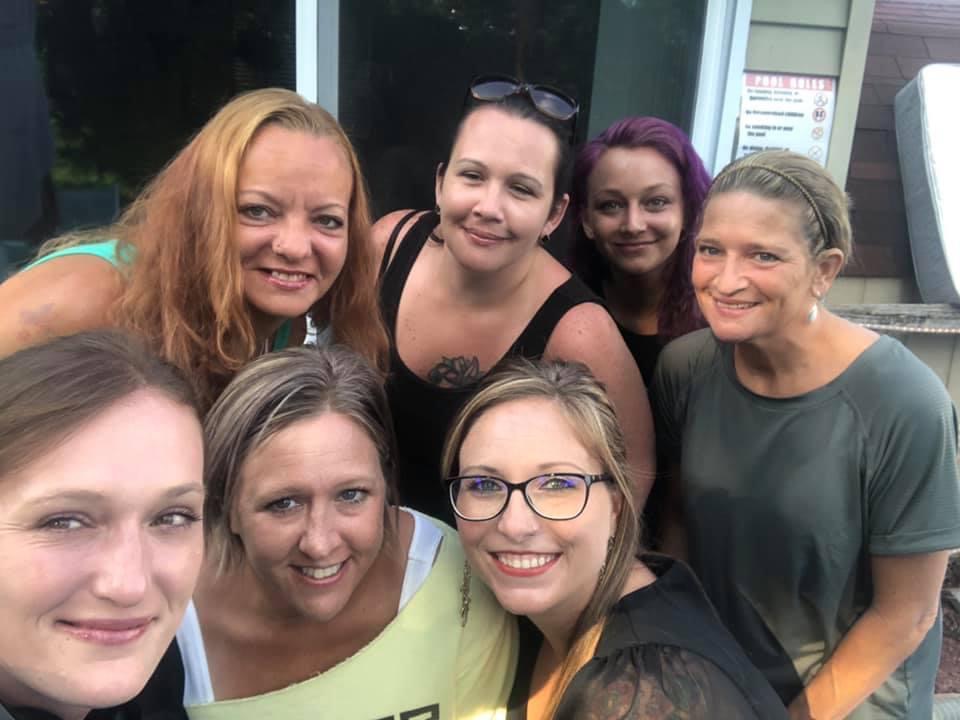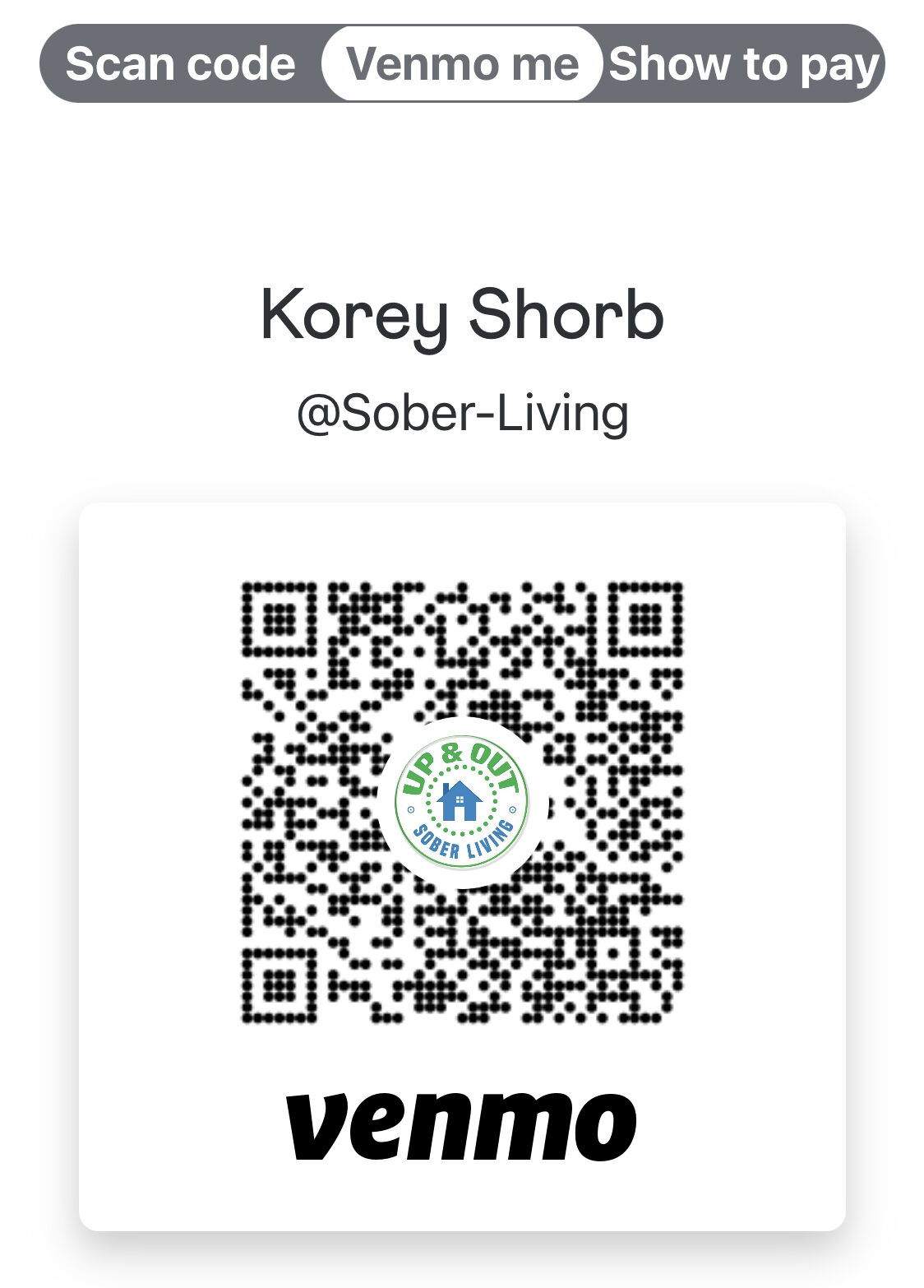Our Houses
Benefits of Up & Out Sober Living
We work closely with individuals to establish meaningful employment. We also work with the criminal justice system to reduce recidivism and enforce positive community relationships. We give residents the time, support and resources they need to develop all necessary components of their new way of life
If family relationships are contentious, home life is particularly chaotic or stressful, or the surrounding neighborhood makes it easy to get drugs or alcohol, it may result in a higher risk of relapse. As a result, returning home after rehab may not be the best choice.
For these situations, sober living might be a positive way to meet the challenge of transitions from rehab back to daily life, which can be filled with potential drawbacks on the way to recovery. Up & Out Sober Living provides a safe space to continue the recovery process while keeping a measure of control over the availability of alcohol or drugs. At the same time, we enable the person to return to some of the patterns of daily life, such as work, school, and other responsibilities. This combination can prevent relapse while strengthening the person’s self-confidence and the skills needed to remain in recovery for the long-term.
What Is a Sober Living Home?
There is a need to provide living environments to support recovery from substance abuse for those who are emerging from rehab. A person’s home living environment does not always provide this kind of support. Sober living homes are set up specifically to serve as transitional housing for people coming out of rehab before they return to their original living situation. These homes provide a combination of freedom and structure that help the person to begin to readjust to life outside of rehab.
Instead of a person going straight from rehab back to the living situation that encouraged substance use, to begin with, sober living houses provide a structured environment in which a person can continue to focus on recovery from a substance use disorder. Sober living homes have strict rules restricting substance use and requiring participation in house meetings and programs that continue to reinforce rehab lessons.


At the same time, there is a greater level of freedom compared to rehab. People can come and go to attend school, go to work, or meet other responsibilities. While there is no formal treatment offered, house rules require or at least encourage participation in 12-Step programs or similar groups. Because continued abstinence from drug or alcohol use is a condition of residence in the sober living house, house members must refrain from using these substances.
Another advantage to sober living homes is that the other residents are also recovering from substance abuse. This creates a social support structure for all residing in the home, and it provides a sense that the person is not alone, helping to improve motivation to stay sober.
Who Benefits from Sober Living?
Sober living is most helpful for people who have the following challenges upon release from rehab:
- A high risk of relapse exists for the individual, particularly in regard to the factors of the person’s home life.
- Family members at home still abuse drugs or alcohol or would not provide positive recovery support.
- The person does not have a stable living environment.
- The person lacks a social network or structure to help support recovery.
- A previous history of relapse after treatment exists.
